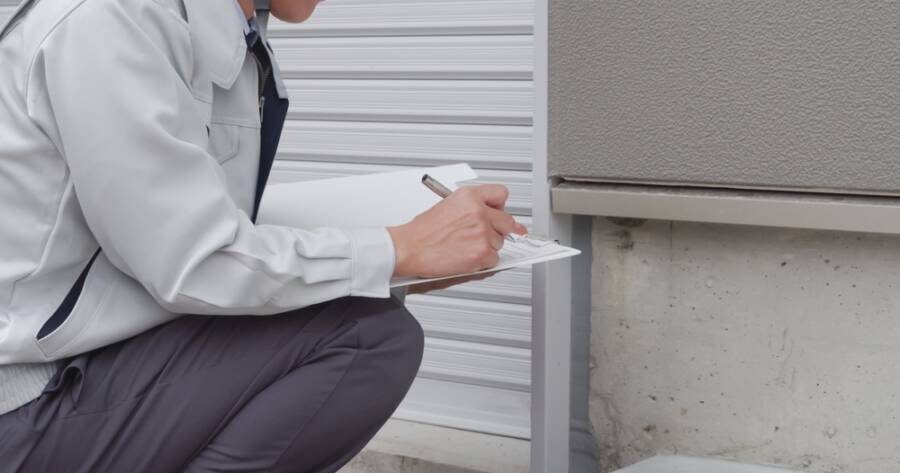Selling a home comes with many decisions, and one step often left out is the pre-inspection. While not required, it can offer real advantages. A pre-inspection gives the seller a clearer picture of their home’s condition before listing it, helping to avoid surprises during the buyer’s inspection process later on.
Understanding a Pre-Inspection
A pre-inspection is a home inspection that the seller orders before putting the property on the market. A licensed inspector evaluates the home’s structure, systems, and overall condition—just as they would during a buyer’s inspection. However, since the seller initiates it, they can use the results to their benefit ahead of time.
This inspection covers major components like the roof, foundation, plumbing, electrical, and HVAC systems. It may also include minor details such as outlets, appliances, and windows. The inspector provides a full report, which the seller can choose to share with potential buyers or keep for personal use.
Gaining the Upper Hand in Negotiations
One of the strongest advantages of a pre-inspection is the ability to correct issues early. If the report shows a leaky faucet or a problem with the roof, the seller has time to fix it. This can prevent last-minute negotiations or lost deals. Buyers feel more confident when they see that the home has already been professionally reviewed.
Fixing problems before listing can also boost the home’s value. Buyers are more likely to offer a better price when they know the home is in solid shape. In some cases, a clean inspection report can speed up the selling process and even spark multiple offers.
Managing Buyer Expectations
A pre-inspection also helps set realistic expectations. Buyers often worry about hidden issues. When sellers provide an upfront report, it builds trust. It tells buyers that the seller is serious and transparent, which can make a home stand out in a competitive market.
Some buyers may still choose to do their own inspection, but having an existing report sets a baseline. It also limits the chances of the deal falling apart due to surprise findings later. With fewer unknowns, buyers are more likely to move forward with confidence.
Knowing When to Keep the Report Private
While a pre-inspection can be helpful, there are cases where sellers may choose not to share the report. If the report finds major problems the seller doesn’t plan to fix, revealing that information could raise concerns or lower offers. In those situations, some sellers prefer to use the report for internal decisions.
Still, it’s important to remember that once a seller knows about a serious defect, they may be required by law to disclose it to buyers. Each state has its own rules about what must be revealed during a sale. Sellers should review local laws or speak with a real estate agent to understand their responsibilities.
Reducing Stress in the Selling Process
Selling a home can be stressful, especially when buyers demand repairs or ask for price reductions after their inspection. A pre-inspection gives sellers more control. It allows them to choose how to address problems on their own terms—before being put on the spot.
By knowing what to expect, sellers can set a fair asking price from the beginning. They also avoid rushed repair jobs or delays caused by surprise findings later in the process. For many, the peace of mind is worth the upfront cost of the inspection.
Choosing the Right Inspector
If a seller decides to get a pre-inspection, it’s important to choose a qualified professional. The inspector should be licensed, experienced, and familiar with the local housing market. Reading reviews and asking for referrals can help. It’s also a good idea to ask what the inspection includes and how detailed the report will be.
Some sellers may want to get multiple opinions, especially for larger homes or older properties. Others may ask their real estate agent for a recommended inspector who is trusted in the community.
A Strategic Step Worth Considering
A pre-inspection is not required, but it can give sellers a real advantage. Whether it’s catching problems early, building trust with buyers, or reducing the risk of deal failure, this step can strengthen a seller’s position. It can also lead to smoother negotiations and fewer surprises.
Make Informed Moves Before You List
Selling a home is about more than listing it on the market—it’s about preparation and presentation. A pre-inspection gives sellers a head start, both in repairs and in confidence.
If you’re thinking of selling soon, talk to a real estate professional about whether a pre-inspection could be a smart move for your situation. Making this small investment now may save time, money, and stress down the road.
